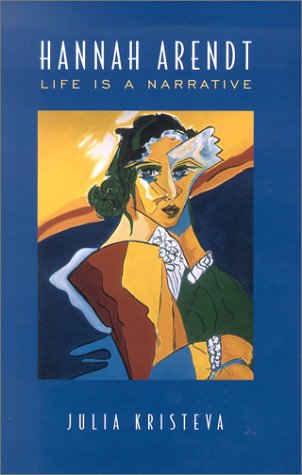

Most ebook files are in PDF format, so you can easily read them using various software such as Foxit Reader or directly on the Google Chrome browser.
Some ebook files are released by publishers in other formats such as .awz, .mobi, .epub, .fb2, etc. You may need to install specific software to read these formats on mobile/PC, such as Calibre.
Please read the tutorial at this link. https://ebooknice.com/page/post?id=faq
We offer FREE conversion to the popular formats you request; however, this may take some time. Therefore, right after payment, please email us, and we will try to provide the service as quickly as possible.
For some exceptional file formats or broken links (if any), please refrain from opening any disputes. Instead, email us first, and we will try to assist within a maximum of 6 hours.
EbookNice Team

Status:
Available4.4
13 reviewsIn this volume, based on the series of Alexander Lectures she delivered at the University of Toronto, Julia Kristeva explores the philosophical aspects of Hannah Arendt's work: her understanding of such concepts as language, self, body, political space, and life. Kristeva's aim is to clarify contradictions in Arendt's thought as well as correct misapprehensions about her political and philosophical views.
The first two chapters describe how Arendt followed an original conception of human narrative, such that life, action, and even thought, are only human when they can be narrated and thus shared with other persons who, through the evocation of memory, complete the story and make history into a condensed sign, into a revelation of the 'who.' The third chapter concentrates on Arendt's work in relation to her twentieth-century contemporaries, especially Isak Dinesen, Brecht, Kafka, and Nathalie Sarraute. In the last two chapters, on the body and the Kantian concept of judgment, Kristeva offers a subtle critical exploration of Arendt's ignoring of the world of the unconscious opened up by psychoanalysis, an exploration that, paradoxically, reveals the political force of Arendt's acceptance of herself as woman and Jew.
Kristeva's account of Arendt's 'philosophy of narrative' is clear, coherent, forceful, and often impassioned. Much has been written in North America about Arendt's political work, but little about her more philosophical endeavours. Hannah Arendt: Life Is a Narrative makes a compelling case that Arendt may be the twentieth century's only true political philosopher.